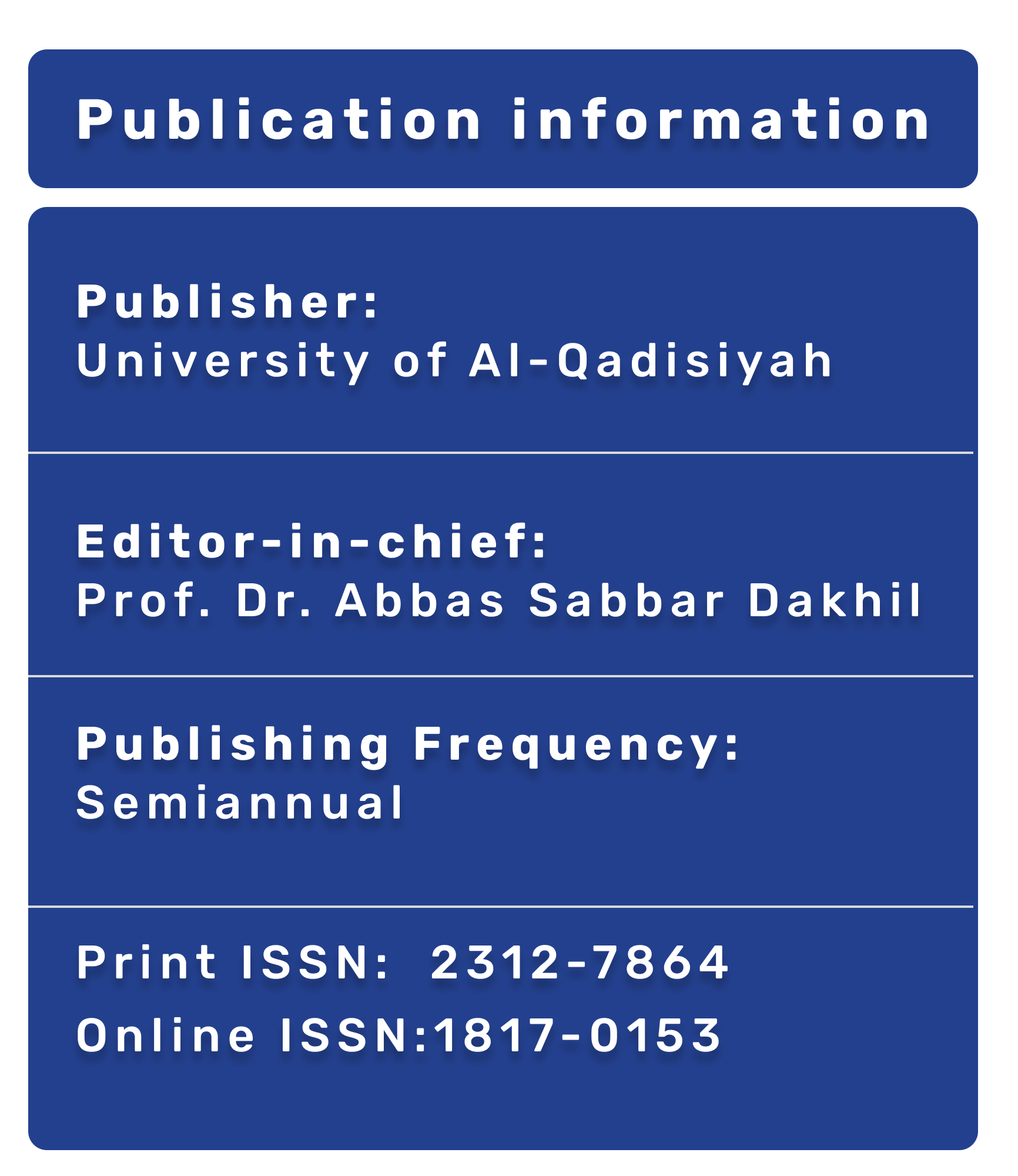Correlation between TARC and MDC gene expression and respiratory syncytial viruses in children
DOI:
https://doi.org/10.28922/qmj.2018.14.25.75-85Keywords:
RSV, TARC, MDC, asthmaAbstract
Abstract:
Background: Human respiratory syncytial virus( RSV) is the major etiological agent of respiratory tract illness particularly in children, and it provokes allergic and asthma exacerbation, so, the respiratory tract epithelial cell are stimulated and produce several chemokines such as MDC and TARC that play a major role in asthma attack.
Objective: To identify human genetic groups of RSV from children with respiratory tract infection and establish the relationship between RSV and allergy exaggeration through determination of the host gene expression (TARC and MDC) which are induced by RSV infection.
Methods: Patients suffering from respiratory tract illness (RTI), from several days to fourteen years old of both sexes were enrolled in this study. A nasopharyngeal swabs (NP) were taken from patients and subjected to molecular detection of RSV and gene expression of TARC and MDC were done for positive samples with RSV.
Results: Out of 230 children suffering from respiratory tract infection, 8 (8%) and 14 (14%) were detected with RSV type A and B respectively, and all epithelial cells of patients who have infected with RSV express TARC and MDC which are known to have an essential role in severity and hyper-responsiveness of allergy.
Conclusion: Measurement of host gene expression such as TARC and MDC revealed increased level of these genes in asthmatic patients, in children infected by RSV. Both genes may play an essential role in severity and hyper-responsiveness of allergy.








